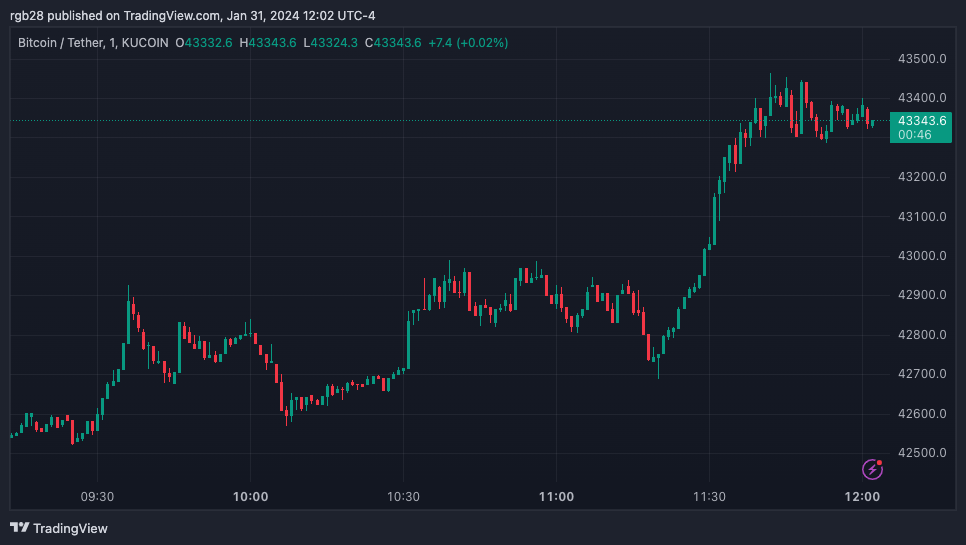Over the last few years, El Salvador has been making considerable efforts to become Latin America’s crypto hub. Today, two and a half years after adopting Bitcoin as a legal currency in the country, Bitfinex Securities announced the launch of Bitfinex Securities El Salvador S.A., the first platform to offer tokenized securities.
Launching The First Licensed Digital Asset Platform In El Salvador
On January 31, 2024, Bitfinex Securities officially became the first registered and licensed digital assets service provider to launch in El Salvador, and it’s now accepting customer applications.
Last year, El Salvador approved the Digital Asset Securities Law, allowing Bitfinex Securities to apply for and receive approval for the first digital assets license under this regulatory framework.
This new law, as Juan Carlos Reyes, President of the National Commission of Digital Assets (NCDA), explained:
(…) carved out digital assets regulation from the traditional financial regulator and created the national commission of digital assets, that oversees the supervision and regulation of the ecosystem.
Additionally, the NCDA Chair recalled the positive experience with the firm and praised it for its ‘regulatory high standards’ and ‘world-class’ knowledge of compliance.
In the announcement, Bitfinex Securities highlighted the “substantial leap for financial innovation in Latin America” that the development of the tokenized securities industry in El Salvador suggests. The firm also announced it has established a pipeline of potential issuances that it expects to come to the market throughout the year.
Bitcoin ETF Approval Provides An Optimistic Outlook
“We are delighted to be able to announce the launch of Bitfinex Securities in El Salvador,” said Paolo Ardoino, Chief Technology Officer of Bitfinex Securities. He expressed his excitement to take part in the “forefront of this financial revolution,” stating:
This is not only an important market for Bitfinex given its adoption of Bitcoin as legal tender and the fostering of a Bitcoin-based economy, but it also gives El Salvador the opportunity to attract global investment flows, as issuers put out competitively priced securities offerings.
The launch of the Bitfinex Securities El Salvador platform follows the approval of the spot Bitcoin Exchange-Traded Funds (ETFs) by the US Securities and Exchange Commission (SEC) on January 10. The successful launch of Bitcoin-based ETFs in the US makes the firm expect a significant demand for exposure to other regulated digital asset services.
Jesse Knutson, Bitfinex Securities Head of Operation, highlighted in his statement the progress that El Salvador has made since 2021:
Following up on El Salvador’s groundbreaking policy work and legislative frameworks over the past two and a half years, the official launch of Bitfinex Securities El Salvador is another important step in the evolution of capital markets and an important global proof of concept.
Knutson also expressed optimism over the “recent surge of institutional investor interest in Bitcoin-focused financial products.”
